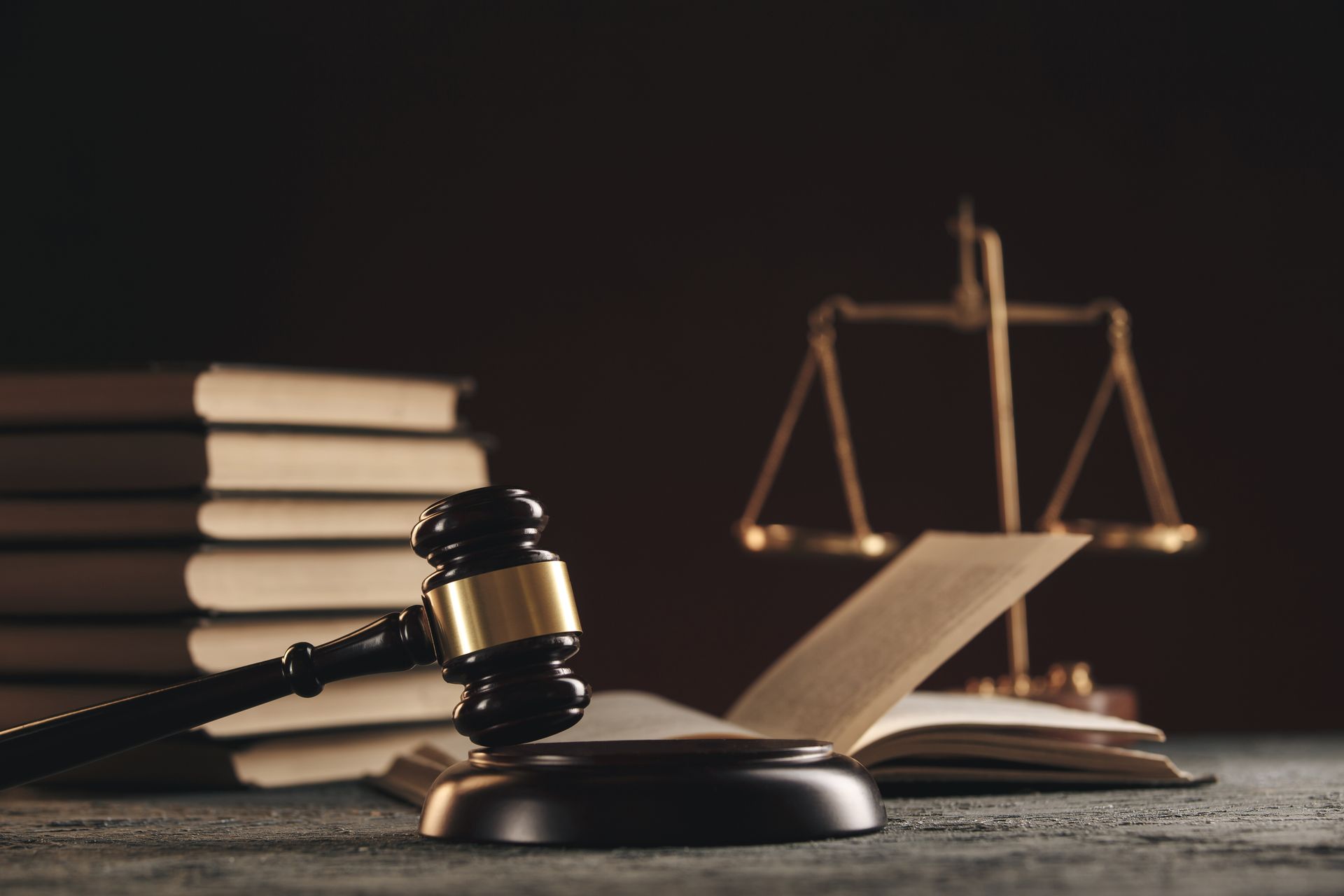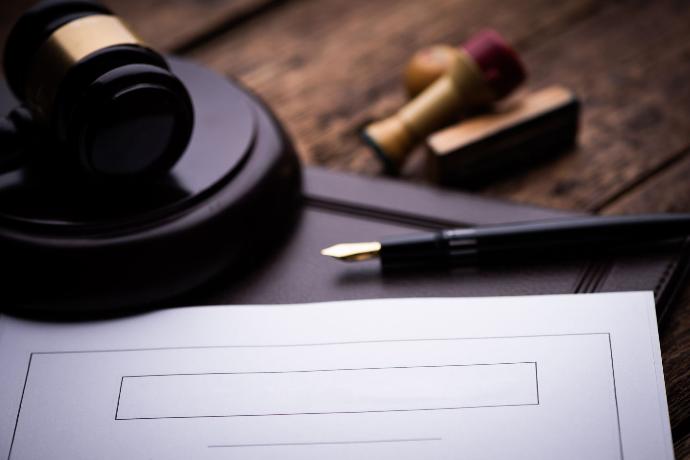Litigation and Disputes
Riada has a team specialised in providing litigation and dispute services and provides the necessary experience and knowledge to represent its clients in courts and other legal outlets.
Litigation and dispute services are represented by the following:

Courts
Riada provides legal advice related to litigation and disputes and helps its clients understand their rights and determine the appropriate next steps to end disputes in the best possible way.
We also represent our clients in various courts, and we take all necessary measures to protect their rights, achieve their legitimate interests, and prepare the necessary payments, pleadings, and documents to prove our clients' position.

Mediation
Riada prepares agreements and contracts related to mediation, including settlement and arbitration agreements, mediation agreements, and other agreements related to resolving friendly Settlement as it uses the means of negotiation between the conflicting parties and mediation to find amicable solutions.

Arbitration
Riada provides arbitration services represented in commercial arbitration, arbitration of investment disputes, preparation of arbitration contracts, in addition to providing advice related to arbitration and providing appropriate solutions to end disputes in the best possible manner.
You can communicate with
(FAQs)
The public right is linked to the lawsuit in which the Public Prosecution is a party and it is not valid to waive it, while the private right is a right related to the plaintiff in person and it is valid to waive it at any stage of litigation.
If the defendant is sentenced to imprisonment for a period of three months or more, this shall be subject to deportation.
The defendant shall be notified for a period of not less than 15 days before registering the case in court.
The judicial judgment cannot be implemented until after the lapse of the period specified by law, and in the event that the judgment is objected to by one of the parties to the dispute, it is submitted to the Court of Appeal, and then the Court of Appeal decides either to overturn or uphold it.

